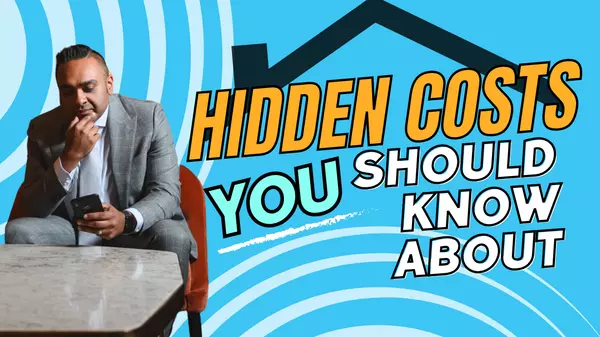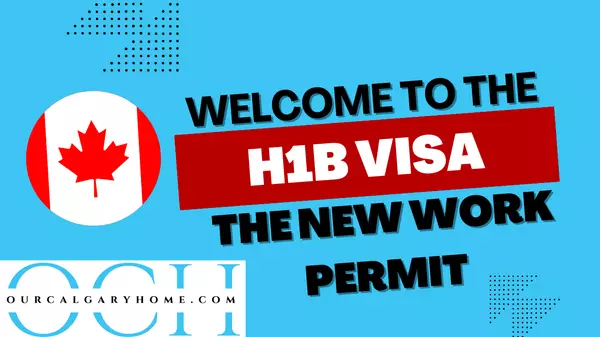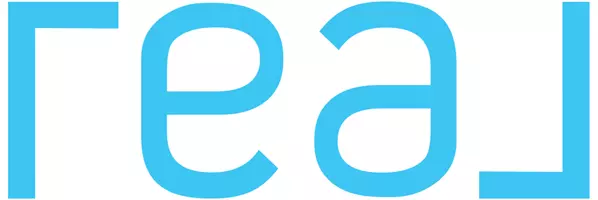Ready to sign your next contract with a thumbs emoji? HOLD UP!
Trust me, you don't want to miss this one. We just had a precedent setting ruling as a judge said a contract was executed with a thumbs up emoji.
A Canadian judge has recently made a groundbreaking ruling, declaring the "thumbs-up" emoji as a valid form of signature in court cases. The decision comes as the court recognizes the need to adapt to the changing ways people communicate in the modern world. In this particular case, the Court of King's Bench in Saskatchewan dealt with a dispute between a grain buyer, Kent Mickleborough, and farmer Chris Achter.
It all started when Mickleborough, representing South West Terminal, sent out a mass text message in March 2021, offering to purchase 86 tonnes of flax at a specified price per bushel. He then engaged in a phone conversation with Achter and sent a picture of a contract to deliver the flax in November. In the text, Mickleborough requested Achter to confirm the flax contract, to which Achter responded with a thumbs-up emoji.
However, things took a turn when Achter failed to deliver the flax in November, and by then, the crop's prices had risen. Mickleborough argued that the thumbs-up emoji served as confirmation of the contract's terms, citing previous instances where contracts were confirmed through text messages using emojis. On the other hand, Achter contended that he merely intended to acknowledge the receipt of the contract and did not consider the emoji as an acceptance of the incomplete contract.
During the legal proceedings, Achter's lawyer objected to a cross-examination about the meaning of the thumbs-up emoji, stating that his client was not an expert in emojis. Nevertheless, Justice Timothy Keene delved into the matter, even resorting to the definition of the emoji from dictionary.com. The judge ultimately ruled in favor of considering the thumbs-up emoji as a valid means to "sign" a document, given the circumstances of this particular case.
Despite defense concerns about potential interpretations of other emojis, Justice Keene dismissed those worries and emphasized that the court should embrace technological advances and the common usage of emojis. He acknowledged that using emojis, including the thumbs-up symbol, appears to be the new reality in Canadian society, and courts must be prepared to address the challenges that may arise from their use in legal matters. As a result, the court ordered Achter to pay the agreed-upon amount of C$82,000 ($61,442) for the unfulfilled contract.
Categories
Recent Posts









"My job is to find and attract mastery-based agents to the office, protect the culture, and make sure everyone is happy! "

